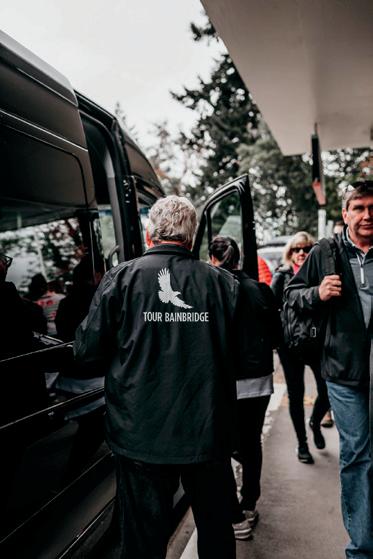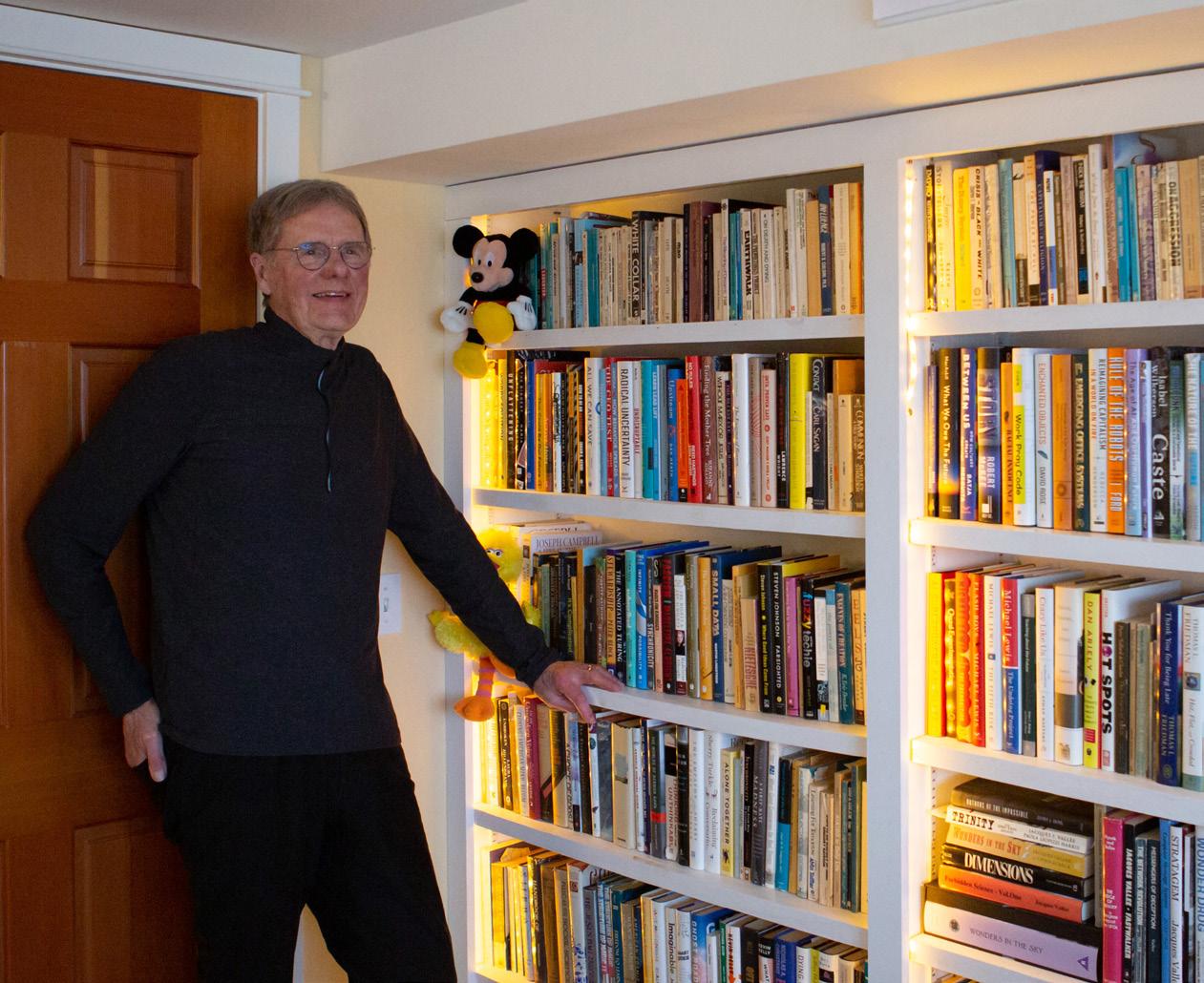
5 minute read
FUTURE TENSE
BY GEORGE
GRAEBNER
Advertisement
The mules are coming.
In the new book “Office Shock,” futurist Bob Johansen describes mules (named after a character in Isaac Asimov’s sci-fi classic “Foundation” trilogy) as “unpredictable wild cards” that cause sudden, shocking change. COVID was the most recent mule to charge into our lives, kicking workers out of offices, kids out of schools and virtual technology into our homes, seemingly overnight.
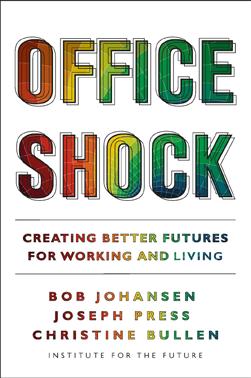
The bad news is that more mules, pandemic and otherwise, are on the horizon. The good news is that Johansen, a Bainbridge Island resident and a distinguished fellow at the Institute for the Future, is ready to help us wrangle the next stampede.

Growing up as the son of a milkman in rural Illinois, Johansen didn’t look much further ahead than the end of a basketball court. “My life was focused almost completely on basketball in a basketball-crazy part of the country,” he recalled. After shooting up to a gangly 6-foot-5, he made all-state in high school, then rode an athletic scholarship to the University of Illinois.
The collegiate level of play was an eye-opener for the basketball-obsessed teen. “I was only a marginal Big Ten player,” he said, “and not nearly good enough to be a pro.” Two events in particular convinced Johansen that he might need a backup plan.
The first was a game versus UCLA, where he was matched up against a player named Lew Alcindor. “I played pretty well,” Johansen remembered, “but he had an effortless 45 points. I remember looking up at him as we stood at the free throw lane and thinking, ‘I need another career.’” (Alcindor later changed his name to Kareem Abdul-Jabbar and became one of the greatest NBA players of all time.)
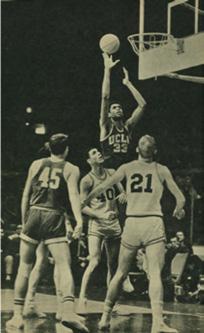
Second was meeting future wife Robin, a fellow undergraduate who “wasn’t really that impressed with me as a basketball player” and who insisted that Johansen, a half-hearted student to that point, buckle down and study with her before she would go out with him on dates.
The new focus paid off. After becoming the first member of his family to graduate from college, Johansen went on to Crozer Theological Seminary, the same divinity school attended by Martin Luther King Jr., then earned a doctorate in sociology at Northwestern University.
A fascination with the earliest computers and a misunderstanding regarding the title of a conference pivoted Johansen into his career as a futurist. He had become interested in the potential for ARPANET, the predecessor to the internet, to facilitate interpersonal communication, and the 1972 International Conference on Computer Communications seemed like a perfect venue to present this new concept.
His ideas received, charitably, a mixed reception. It turned out that the “communications” in the conference title referred only to computers sharing data with other computers, and that most attendees held the view that people communicating with other people was an improper use of the nascent internet. One participant was so offended by Johansen’s “fringe” panel that he stormed out of the room.
The conference did, however, bring the young sociologist to the attention of the Institute for the Future, a recently formed think tank whose mission was to help organizations go beyond short-term thinking by providing insight into the future (typically 10 years ahead), then working back to the present to determine the best action, an idea they called “futureback.” (See sidebar for a deeper dive into that and other IFTF concepts.)
The Palo Alto-based nonprofit hired Johansen, a rare social scientist in a sea of hard scientists and engineers. He would never work anywhere else. Over the ensuing years, he and the institute’s other futurists provided training and custom forecasts to a diverse array of organizations, ranging from Disney World to the United Way to the U.S. Army War College. Johansen eventually served as president of the institute from 1996 to 2004, and the IFTF is now the longest running futures think tank in the world.
The COVID mule didn’t spare the Johansens. With the couple working virtually from home, they decided, after 35 years in Silicon Valley, to move to Bainbridge Island in 2020 to be closer to their children and grandchildren.
At the same time, the pandemic provided an opportunity for Johansen to apply his decades of experience as a futurist to the abrupt, radical changes it caused in our work and home lives. In “Office Shock: Creating Better Futures for Working and Living,” published this year, Johansen and co-authors Joseph Press and Christine
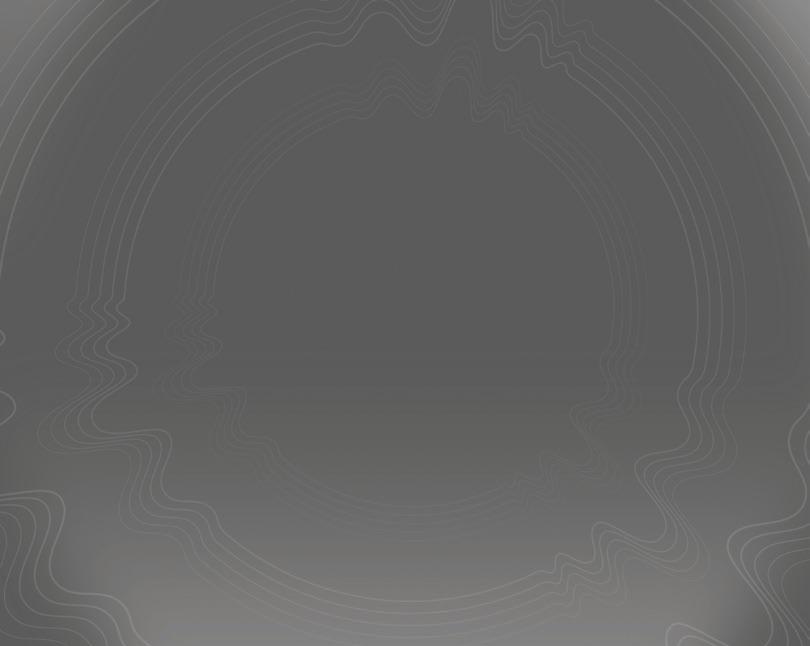
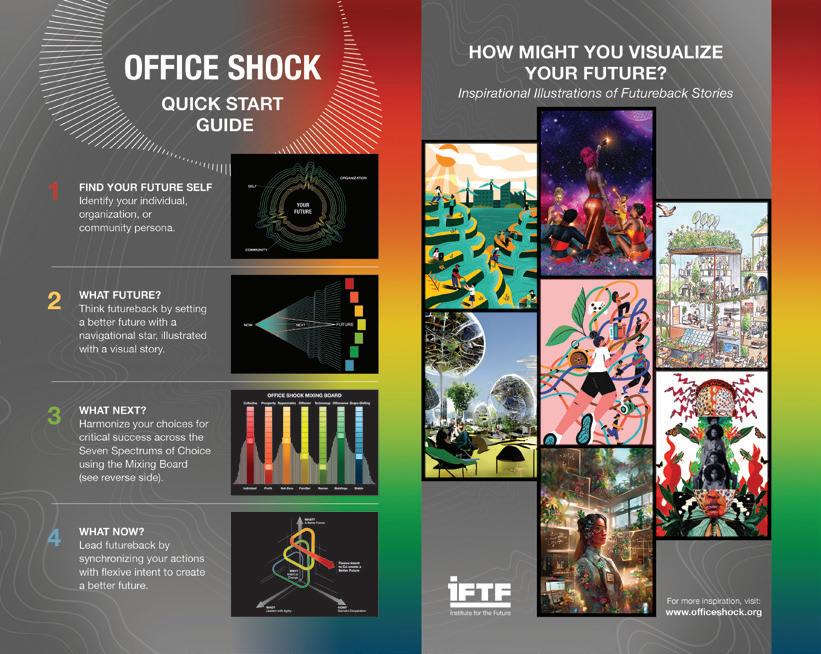
Bullen ask questions as basic as why we work in offices at all, and use futureback thinking to provide concrete, specific tools to re-imagine and prepare for the workplace of the future.
Since arriving on the island, Johansen has also taken his expertise to the local level, working as a “foresight advisor” with organizations such as the Rotary Club, Bainbridge Prepares, Imagine Bainbridge 2035 and OfficeXPats.
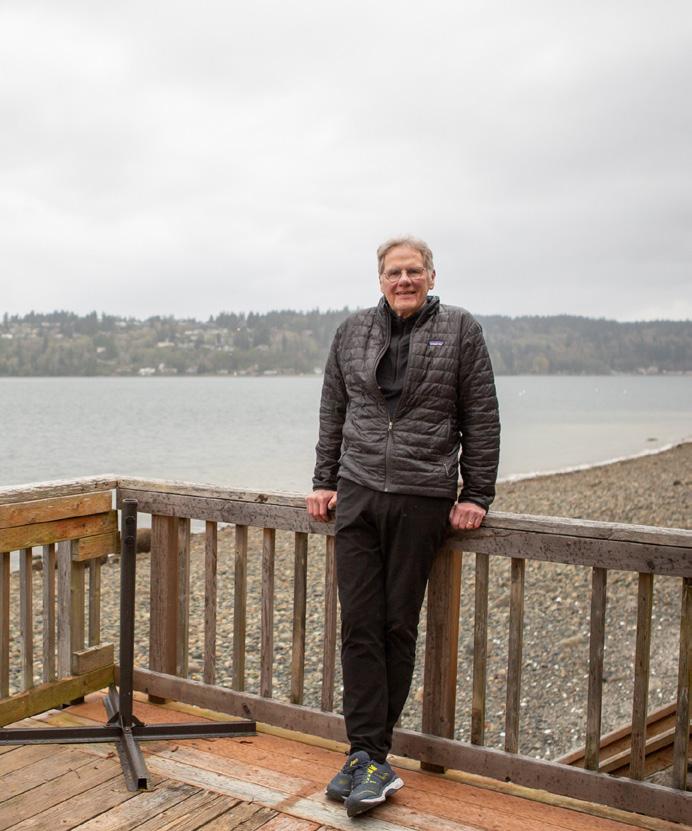
“’Office Shock’ is all about figuring out how to work and live better,” he said. “One frame is just the idea of what's it like to live on an island but now be able to work anywhere. I'm not good at local politics. I'm not good at boards. But I am good at helping people think about the future, and that's what I'd like to do.”
Both Johansen, who recently celebrated his 78th birthday, and Robin, an attorney specializing in constitutional and election law, continue to work full time. “I doubt if either of us will ever retire,” Johansen said. “Retirement is kind of an old-fashioned word anyway.”
Even as he’s promoting his latest book with lectures, interviews and a dedicated chatbot (to his knowledge, “Office Shock” is the first book ever to have one), Johansen is, perhaps unsurprisingly, looking to the future. He has already filled a
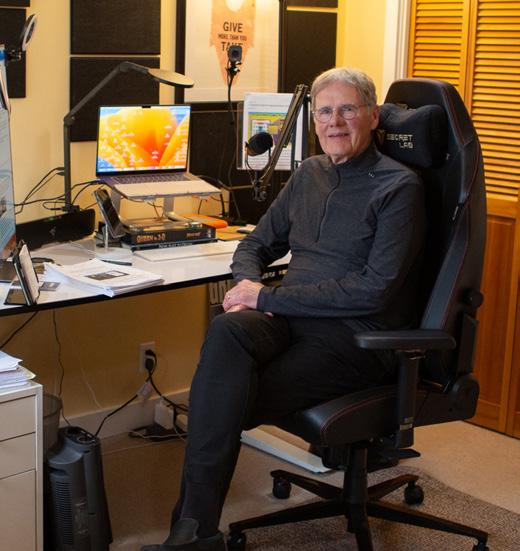
Coming to Terms with the Future: A Q&A with the Office Shock Chatbot
What is office shock?
An abrupt and unsettling change in where, when and how we work.
What is futureback thinking?
Imagining oneself in the future and working backwards to determine the steps needed to reach that desired future state. It requires a shift in mindset from present-forward thinking, which focuses on the urgent details of everyday life.
What is the cone of uncertainty?
The wide range of uncertainties that exist in making choices. Futureback thinking can help narrow the range of uncertainty and bring clarity, even though we can't have certainty.
What is VUCA?
VUCA, coined at the Army War College, stands for volatility, uncertainty, complexity and ambiguity. It is a term used to describe the unpredictable nature of the world we live in today.
What are the IFTF’s counterpoints to VUCA?
Vision, understanding, clarity and agility. Will there be a place for humans in the AI future?
Yes. The human-computer spectrum of capabilities and mix of talents will not be an either/or choice between human or machine but rather a full-spectrum blending of human and machine that will raise both.
Got questions of your own? Ask the Office Shock Chatbot at officeshock.ai
On the low-tech side of the spectrum, he has contracted a local artist to build five custom boxes, jokingly dubbed “Bob in a Box,” which will contain all his books and go to each of his four grandchildren and to the Institute for the Future.
More ambitiously, he plans to use the latest developments in artificial intelligence (a term he hates for its ominous connotations) to aggregate his writing and experience into a format that will be able to carry on beyond his own lifetime. “I'm trying to stretch the idea of what it would be like to take the best of my thinking and create it in a more animated, interactive form,” he said. Johansen foresees young researchers using the “Bob Bot” to pick up his work wherever he eventually leaves off.
That said, he has no plans to leave off any time soon. He keeps fit with a home gym and basketball hoop and, while he’s not as quick to the basket as he once was, he still has a few tricks on the court to teach his grandchildren.

Doing a bit of futureback thinking on his own life, Johansen muses about evolving over the coming decade into a computer-enhanced “augmented writer.”
“I don't know exactly what I'm going to come up with,” he said, “but that's what I'm imagining over the next 10 years.”
Learn more at iftf.org and officeshock.org



